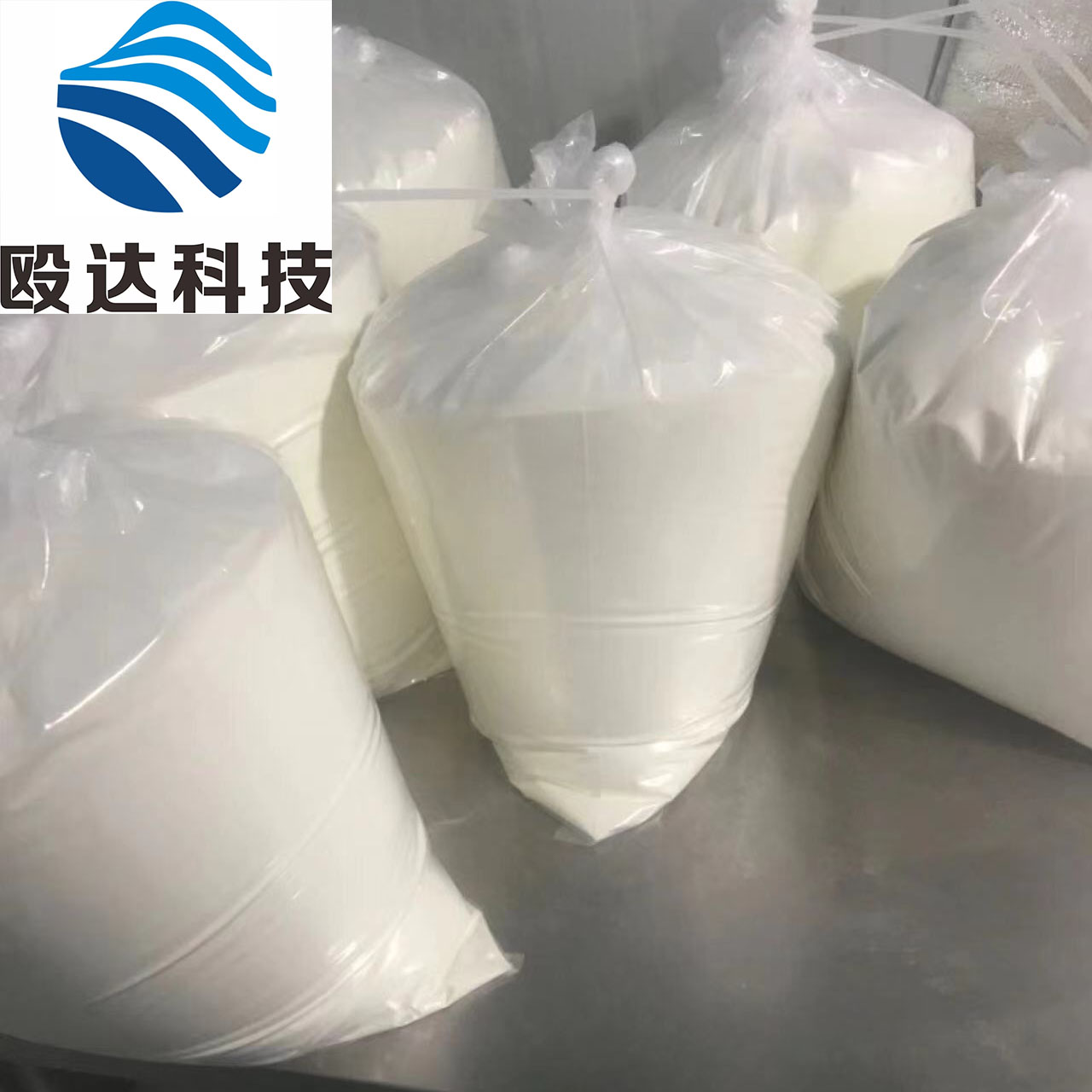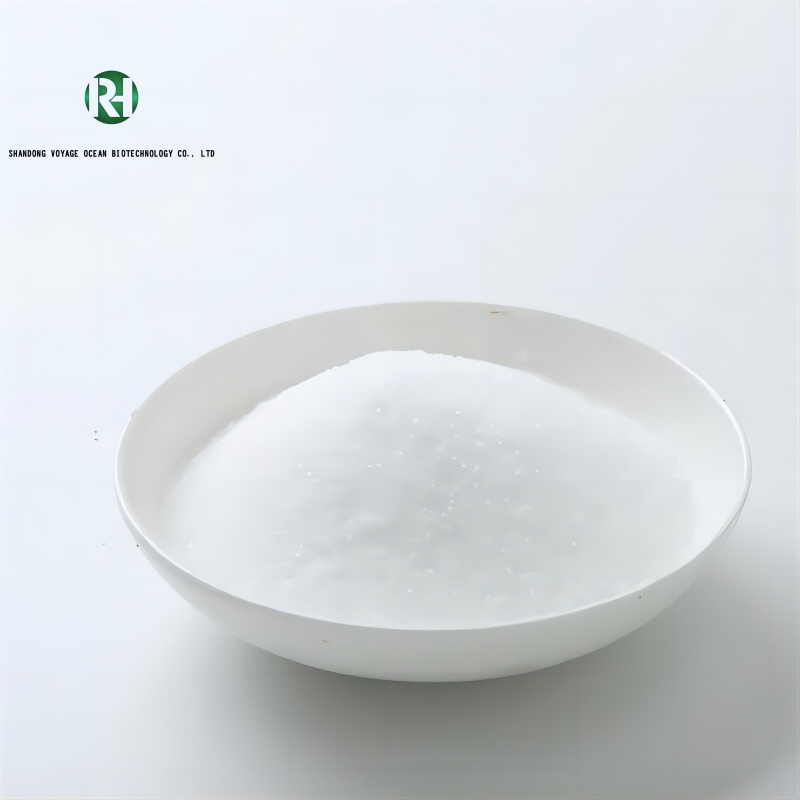-
Categories
-
Pharmaceutical Intermediates
-
Active Pharmaceutical Ingredients
-
Food Additives
- Industrial Coatings
- Agrochemicals
- Dyes and Pigments
- Surfactant
- Flavors and Fragrances
- Chemical Reagents
- Catalyst and Auxiliary
- Natural Products
- Inorganic Chemistry
-
Organic Chemistry
-
Biochemical Engineering
- Analytical Chemistry
- Cosmetic Ingredient
-
Pharmaceutical Intermediates
Promotion
ECHEMI Mall
Wholesale
Weekly Price
Exhibition
News
-
Trade Service
The principle of "specific analysis of specific issues" has been repeatedly emphasized by the review experts and runs through the entire review process of cell/gene therapy and lysovirus products.
of risk benefits is still the most important principle of the regulatory authorities, on the basis of consideration and recommendations.
two problems in clinical design of cell therapy products are worth paying attention to: first, the setting of clinical endpoints needs to pay attention to the duration of efficacy;
, the State Drug Administration has highlighted guidelines for the field of lysovirus products within the regulatory framework.
April 2019, the State Drug Administration launched the China Drug Regulatory Science Action Plan, and the first nine projects to be launched include "Technical Evaluation and Regulatory System Research for Cell and Gene Therapy Products".
important work in the study of regulatory systems for cell and gene therapy products is the development of guidelines.
a number of relevant technical guidelines have entered the consultation stage this year.
in this related area means that the regulatory system is further improved and has a very important impact on the development of the whole field.
At the recent "2020 China Oncology Immunotherapy Conference" (Expand reading 2020 Oncology Immunotherapy Conference: More Exploration of Therapy, More Expectations for Drug Development), four review experts from CDE interpreted the latest guidelines for pharmacology, non-clinical studies, clinical studies, and lysovirus products from cell/gene therapy products.
of the drafting of the guidelines and the specific content of the guidelines clearly demonstrate the regulatory thinking of the Drug Administration for cell therapy, gene therapy, and lysovirus products.
review experts also provided a degree of answers to the issues identified in the work, conveying thinking from regulators.
the key words of the regulatory thinking in a series of guidelines, the back of the idea is very important to understand the field of product development, the key point of which is the industry is quite concerned.
CDE Biologics Pharmacy reviewer Wei Wei said that in the pharmaceutical part, many areas need technical guidance support, the current work ideas and progress is the first to write the overall technical guide, followed by the sub-sector products for the guidance.
this part of the guide in the hope that based on current perceptions, as far as possible forward-looking guidance, and constantly improve the update.
task of writing a professional technical guide to pharmacy included five guides, four for specific products and one for tools for use.
Among them, the Guiding Principles for Pharmaceutical Research and Evaluation of Gene Therapy Products, the Technical Guidelines for Pharmaceutical Research and Evaluation of Immunocell Therapeutic Products, and the Technical Guidelines for Pharmaceutical Research and Evaluation of Gene Transductive and Modification Systems have entered the consultation stage in September this year.
According to Wei Wei, the products now in research and declaration involve a lot of in vitro genetic modification and modification, this kind of transducting and modification tools have a very important impact on product quality and safety.
therefore, guidelines for such tools have been developed in pharmaceutical work.
this makes technical requirements more flexible and can be combined with other technical guidance to provide integrated technical guidance for products.
"This is our idea.
has no such guidelines at the international level, and it is challenging for us.
," Weaver said.
introducing non-clinical research guidelines for cell and gene therapy products, CDE's Zhang Wei said there is no standard non-clinical trial program for all products and specific issues need to be analyzed.
fact, the principle of "specific analysis of specific issues" has been repeatedly emphasized by review experts throughout the process of review of cell/gene therapy and lysovirus products.
also highlights the importance of communication.
Yunhong, clinical reviewer of CDE Biological Products, said: "The number of cell/gene therapy, lysovirus product declarations is increasing, product differences are relatively large."
, innovative products should communicate with reviewers as early as possible at an early stage or at key nodes.
controls under the accelerated "review" bid hope that their products in the study can be approved as soon as possible, so very much attention will be paid to the development process which links can be accelerated or reduced.
in the course of the work encountered such questions raised by the bid party, the comprehensive consideration of risk benefits is still the most important principle of the regulatory authorities, on the basis of which some considerations and recommendations.
Such as Zhang Wei has encountered such problems, some domestic CAR-T products in the declaration has obtained a certain amount of human data, the bid party would like to ask whether human data can be used to replace the relevant non-clinical research.
she said human data should be clinically professionally assessed and that if the risks were considered manageable, they could suggest effectiveness and safety, and some non-clinical studies could be reduced.
the clinical stage, there may be more of these problems from the bid.
, for example, many bidders are concerned about whether cell therapy products in Phase I clinical can simplify or not do dose exploration research. Gao Jianchao,
CDE Clinical Reviewer, said that based on the current understanding of such products, many clinical studies have shown a relationship between toxic CRS, neurotoxicity and dosage common to CAR-T products, so it is recommended to conduct dose and safety exploration in Phase I clinical trials.
there is also a voice concerned about whether cell therapy products are necessary to carry out PK, PD research.
, the Drug Administration also considers that such studies should be carried out on the basis of the principle of technical feasibleity.
for products that are unable to carry out PK and PD research, it is recommended that the bid party monitor and observe the characteristics of this aspect through other means.
Gao Jianchao also put forward two more concerns in the clinical design of cell therapy products: First, the setting of clinical endpoints needs to pay attention to the duration of efficacy.
such as in CAR-T treatment of lymphatic tissue and hema production system malignancies clinical trials, the drug regulatory department in China observed that there are good product mitigation rate data, but there is a short-term recurrence problem.
, the sustained remission rate at the third month is a better reflection of the patient's long-term benefits than the optimal remission rate, in which case this is recommended as the primary clinical endpoint.
is about confirming the scale of clinical trials.
from the situation of acceptance of the declaration, filers generally expect a smaller scale of the certification trial, and some bidders even want to include only twenty or thirty patients.
" was unacceptable from a review perspective.
two very important purposes, one is to prove the safety effectiveness, the other is to fully expose the risk.
now requires that the scale of corrororoarized clinical trials be exposed to possible safety risks while meeting the requirements of the statistical assumptions of effectiveness.
clinical trials such as CAR-T for the treatment of malignant tumors in lymphatic tissue and hemagtic system, if SAT is used, we recommend that at least 100 subjects be selected.
there is a product on the market in the future, the scope of application may increase, the requirements may be increased, but certainly not lower than the current requirements.
," Gao Jianchao said.
In addition, the clinical research guidelines for immunocellular therapy highlight a particular feature of cell therapy products compared to traditional drugs: every time a hospital is approved for market use, it is importance to do a good job of requiring and training the capabilities of medical institutions and medical personnel.
analysis of the regulatory characteristics of lysovirus products At this meeting, the interpretation of the guidelines is mostly concerned about the specific aspects of product development, the more different is a specific area of lysovirus product clinical trial guidelines.
it is understood that since 2018, the number of lysovirus products applying for clinical trials in China has increased significantly, and at present, 9 related products have been approved for drug clinical trials.
this context, the National Drug Administration has highlighted guidelines in this area within the regulatory framework.
Huang Yunhong, the guide includes two main elements: clinical trial design points and risk control.
because of the similarities and differences with traditional cancer treatment products, her story focuses on differences in lysovirus products.
the main points of clinical trial design, Huang Yunhong stressed that when the lysovirus treats solid tumors, it is recommended to use local drug treatment (e.g., in-tumor dosing) before exploring systemic dosing.
for the modified lysovirus products, the overall exposure of local drug-given virus is relatively low, the risk is relatively small, especially in exploratory clinical studies.
in dose exploration, the starting dose and the dosage range need to be carefully selected.
" currently see that the declared lysovirus products are more different, if according to other products set the dose risk is relatively large, the bid should be based on their own pre-data to set the dose of the drug.
," Huang Yunhong said.
more important consideration is the number of drug given.
Huang Yunhong said, because in the exploratory clinical stage, the risk is uncertain, recommended first single drug single drug, then single drug multiple times.
E.g. multi-point injection in the tumor, the total dose should be scientifically set, preferably to complete the safety assessment of all subjects in this dosage group, and then carry out the dose of multiple dosage, and multiple dosage to set a clear suspension standard and/or maximum number of doses.
as a live viral product, unlike traditional anti-tumor drugs and cell therapy products, risk control has become a very important part of its clinical research and takes up considerable space in the guidelines.
risk control revolves around two aspects, one is risk identification, the other is risk management measures.
risk identification is based on the action factor/non-clinical research data, pre-clinical trials/clinical trials of similar products, and focuses on the risks that arise throughout the clinical study process.
risk management includes the establishment of a separate risk control plan, the clarifying of the responsibilities of applicants and researchers, the provision of detailed treatment options by applicants in the event of serious adverse reactions, and the selection of research centres.
Huang Yunhong stressed that the rationality and clinical application suitability of the virus strain should be taken into account at the product project stage, that the prevalence distribution, biological characteristics, host vector, infection and pathogenicity of the vector, the survival or incubation time in the host, the possibility of reactivation, the possibility of strain response mutations, biosecurity hazards and environmental impacts, genetic modification, the way of giving drugs, etc., and that people who are susceptible are closely monitored for close contact with patients.
In addition, genetically engineered lysovirus products may have a change in their taste for host organs or tissues and should be alert to the different safety risks associated with the emergence of parent strains;







